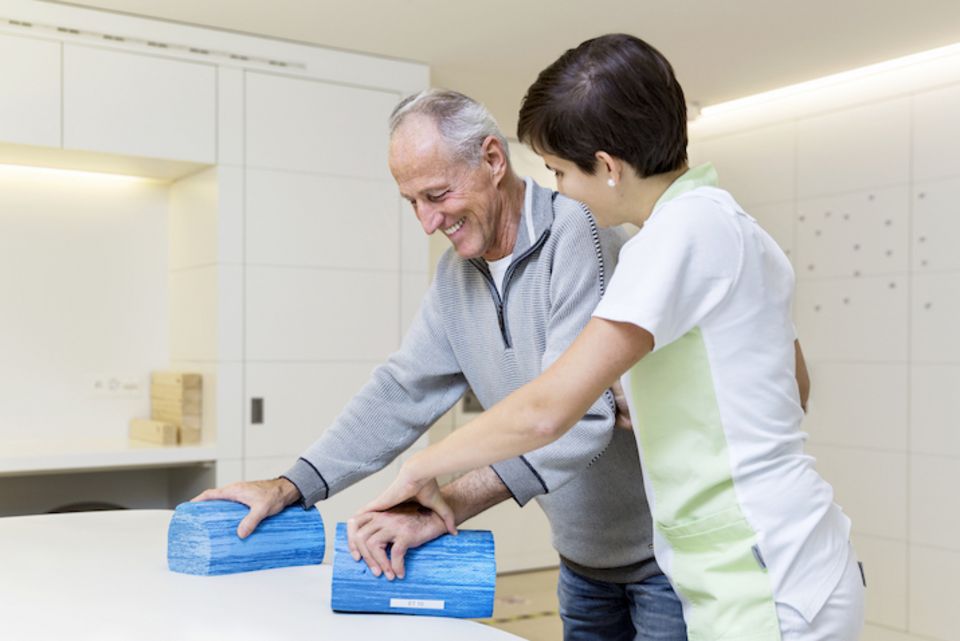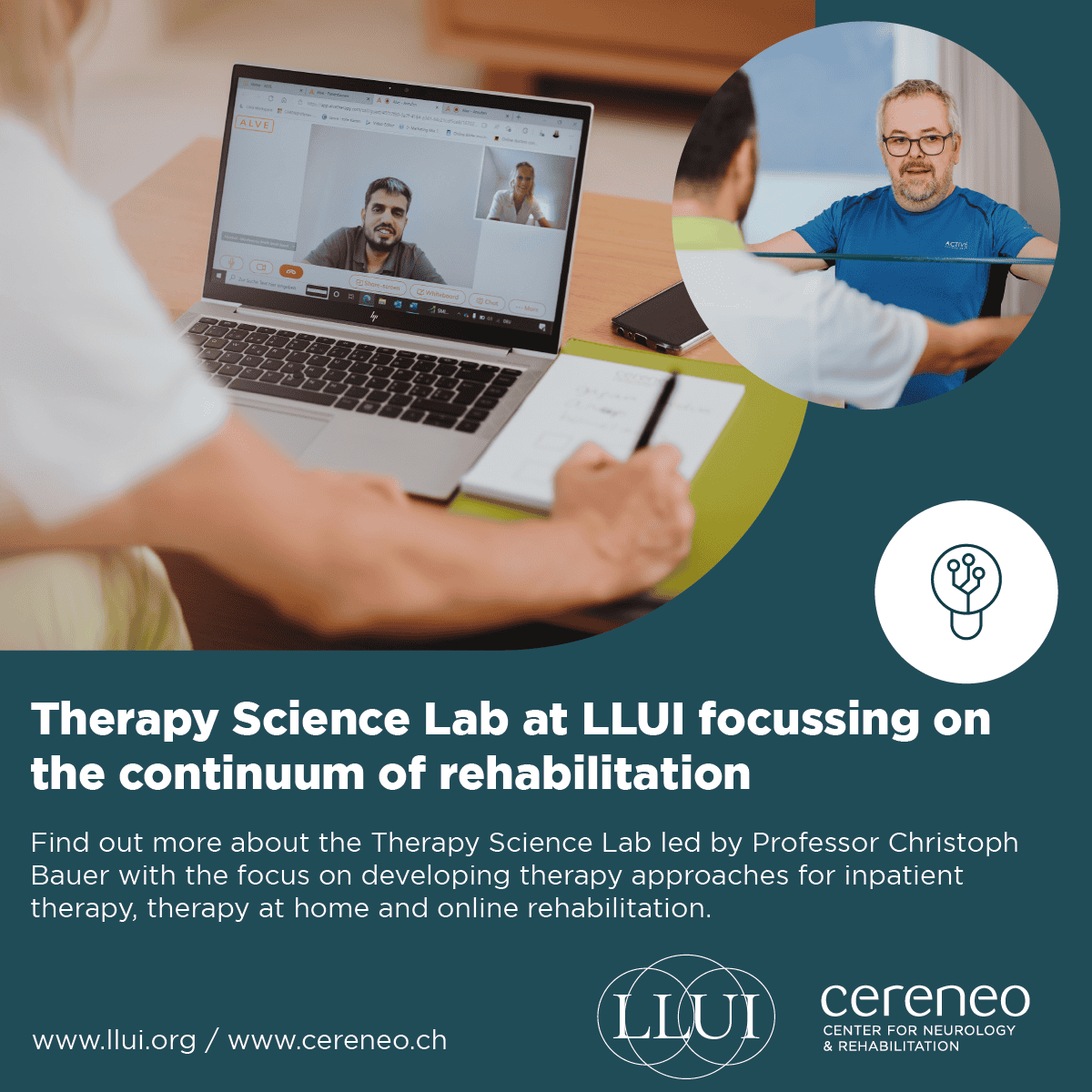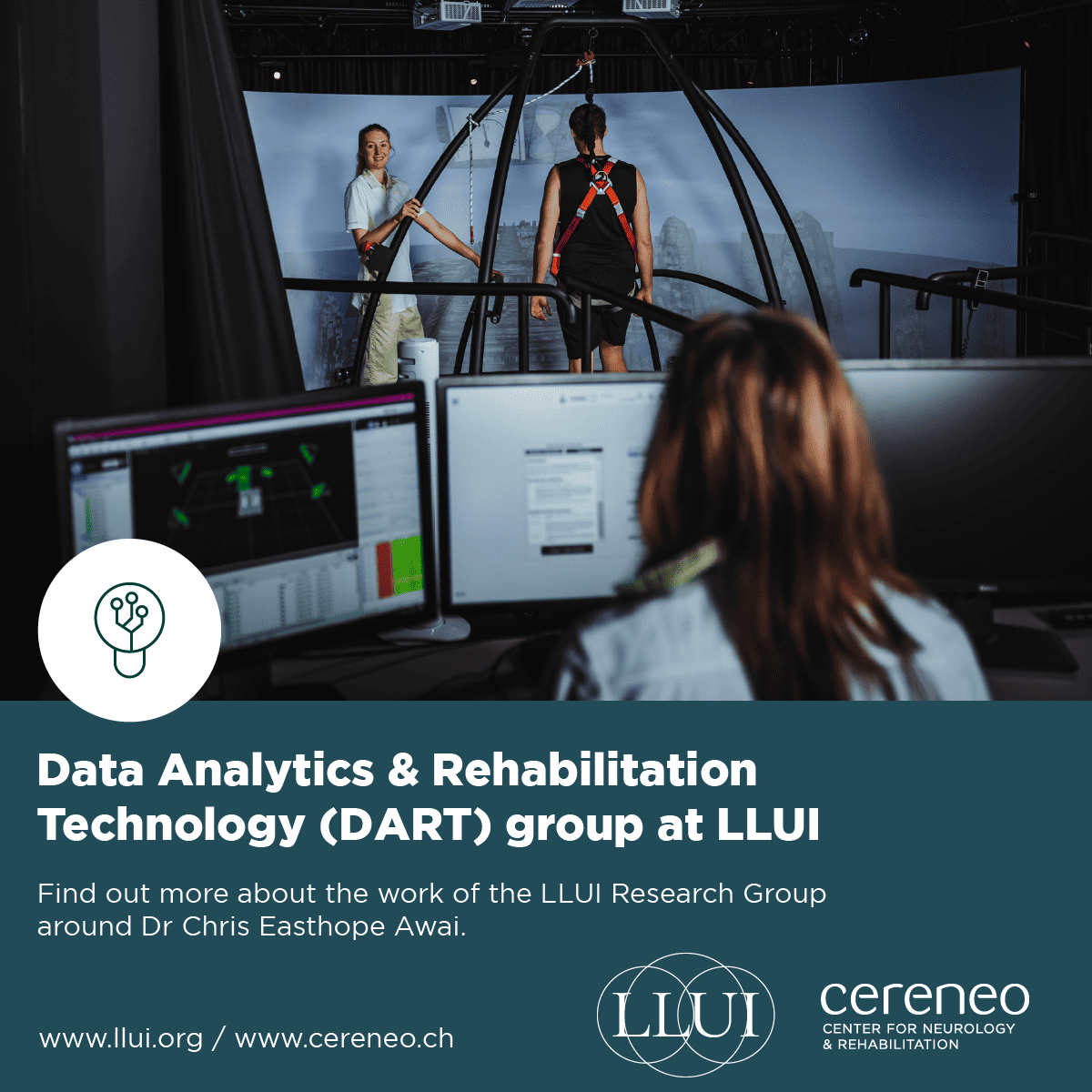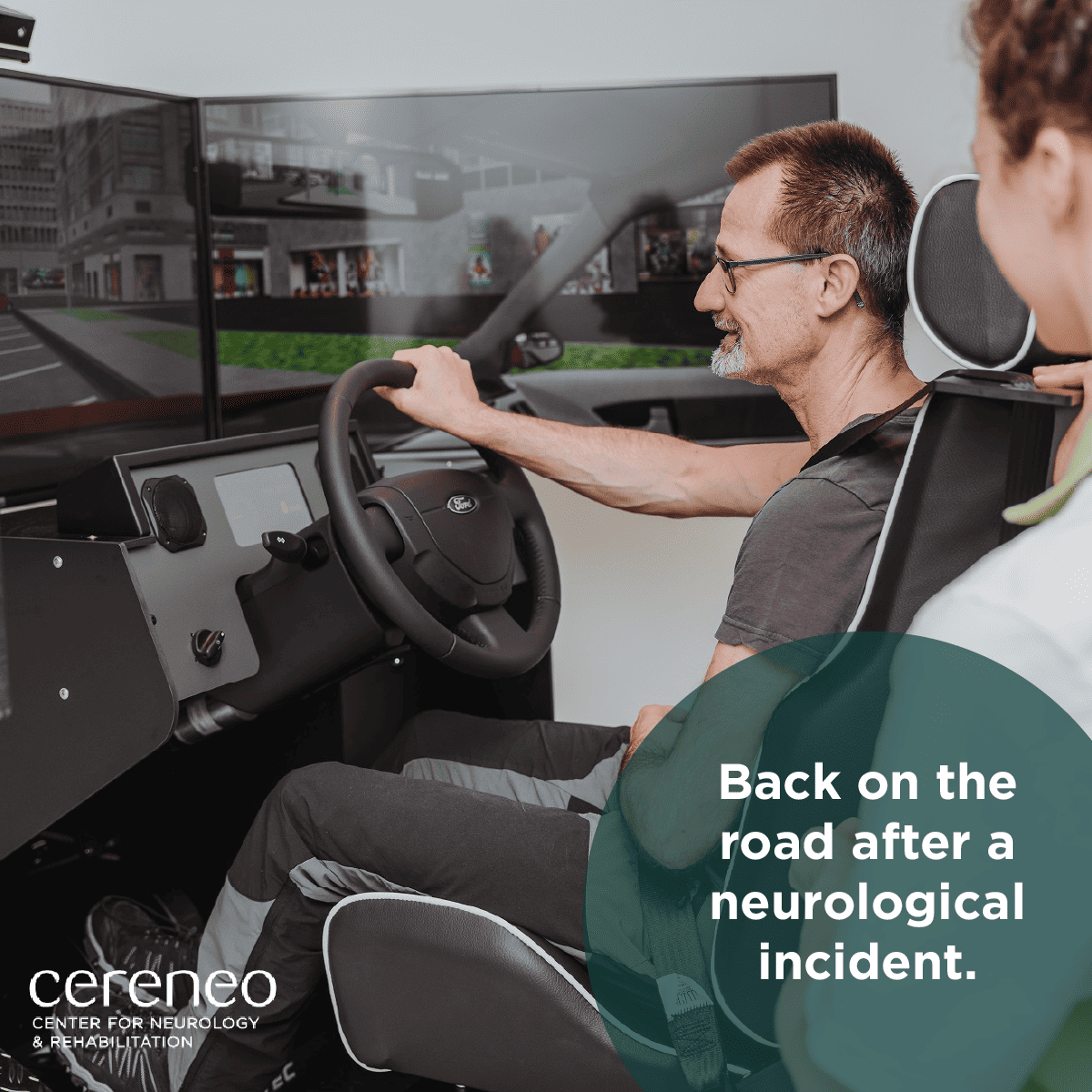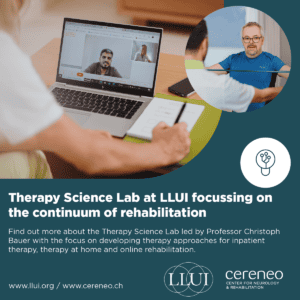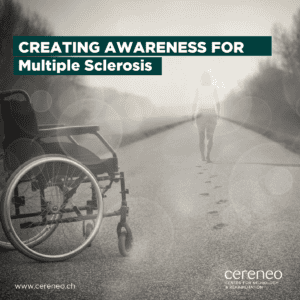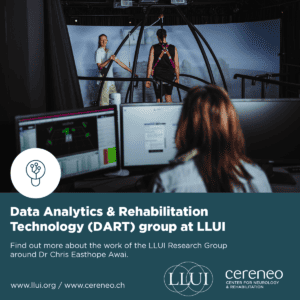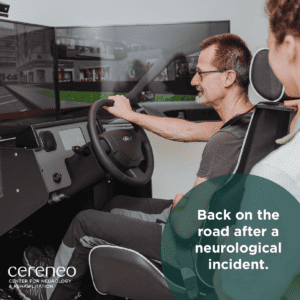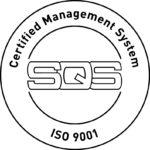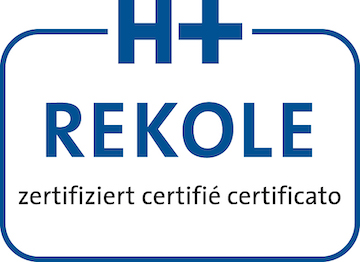Our therapy concept is based on a deficit-oriented approach. We analyse the patient’s neurological deficit in detail and then focus on curing / removing / improving this deficit. This works better right after the injury rather than later (REF Krakauer, Carmichael) which is why we encourage our patients to start with rehabilitation as soon as possible after suffering a stroke or trauma. Only if the deficit is resistant to therapy, we will focus on compensation strategies to improve the patient’s daily life function and quality of life.
We create a personalised treatment plan using a variety of training approaches and device-based therapies. Scheduling of therapies is flexible (in timing and duration) to account for the patient’s needs and wishes. Whether the patient responds to an intervention is tested on a weekly basis using a set of assessment tools and surrogate biomarkers (e.g. 3D motion analysis) that are selected based on the deficit profile.
Movement Therapy
Movement deficits training is based on forced use and massed practice. Depending on the degree of the paresis or motor deficit we initially focus on the patient’s passive range of motion, followed by active exercises to stimulate muscle activity (closed chain postural reflex exercises, e.g. bridging) and progress to semi-open and open chain voluntary muscle control (e.g. reaching movements). This is followed by more complex functional motor patterns and progresses to complete tasks. As tasks become more complex, they require more cognitive and visual abilities. We therefore combine neuropsychological and visual training with movement training as the patient progresses.
Throughout these stages, motor exercises progress in difficulty and repetitions to maintain a high learning stimulus. We train as intensely as the patient can. Intensity is usually limited by two factors: motivation and cardiorespiratory fitness. Motivation is specifically addressed and optimised by the entire team including nursing care which includes elements of reward, feedback and well-being. Fitness is measured using spiroergometry and if low, trained using heart rate-controlled medical training therapy.
For selected patients transcranial DC stimulation (tDCS) or magnetic stimulation (TMS) is used as an aid to facilitate brain learning processes.
Speech, Language and Swallowing Therapy
Speech and language therapy treats all types of aphasia, dysarthria and communication disorders. Personal one-on-one therapy is combined with group communication exercises. We put special emphasis on integrating the patient’s personal topic of interest (e.g. hobbies, profession) into the therapy. Transcranial DC stimulation is routinely used as an adjunct to facilitate learning.
Swallowing training is about addressing disorders of oral transport, oral sensation, reflex triggering, aspiration prevention and coordinated swallowing reflexes. Swallowing therapists work closely with nutrition specialists to provide a diet which not only accounts for health-related requirements, but has the optimal consistency to avoid aspiration and still offers an excellent taste experience. Swallowing therapy is accompanied by fiber-optic examinations of swallowing (FEES) to characterise the specific deficit.
Neuropsychology
In Neuropsychology we specifically address attention, memory, visuo-construction and executive function deficits. Deficits in emotional control and self-recognition (anosognosia) are also addressed. Neuropsychological training utilises real-world exercises that incorporate the patient’s individual interests as well as computer based training. A sophisticated diagnosis always precedes the training to enable a specific focus on the individual deficit profile.
Nutrition
Our nutrition specialists’ goal is to merge health aspects, food consistency requirements (in case of a swallowing deficit) and the patient’s taste preferences to enable a healthy and safe gourmet experience. The nutrition plan is developed together with the award-winning cuisine of Park Hotel Vitznau. A thorough diagnosis of metabolic requirements and blood analyses precede this development.
